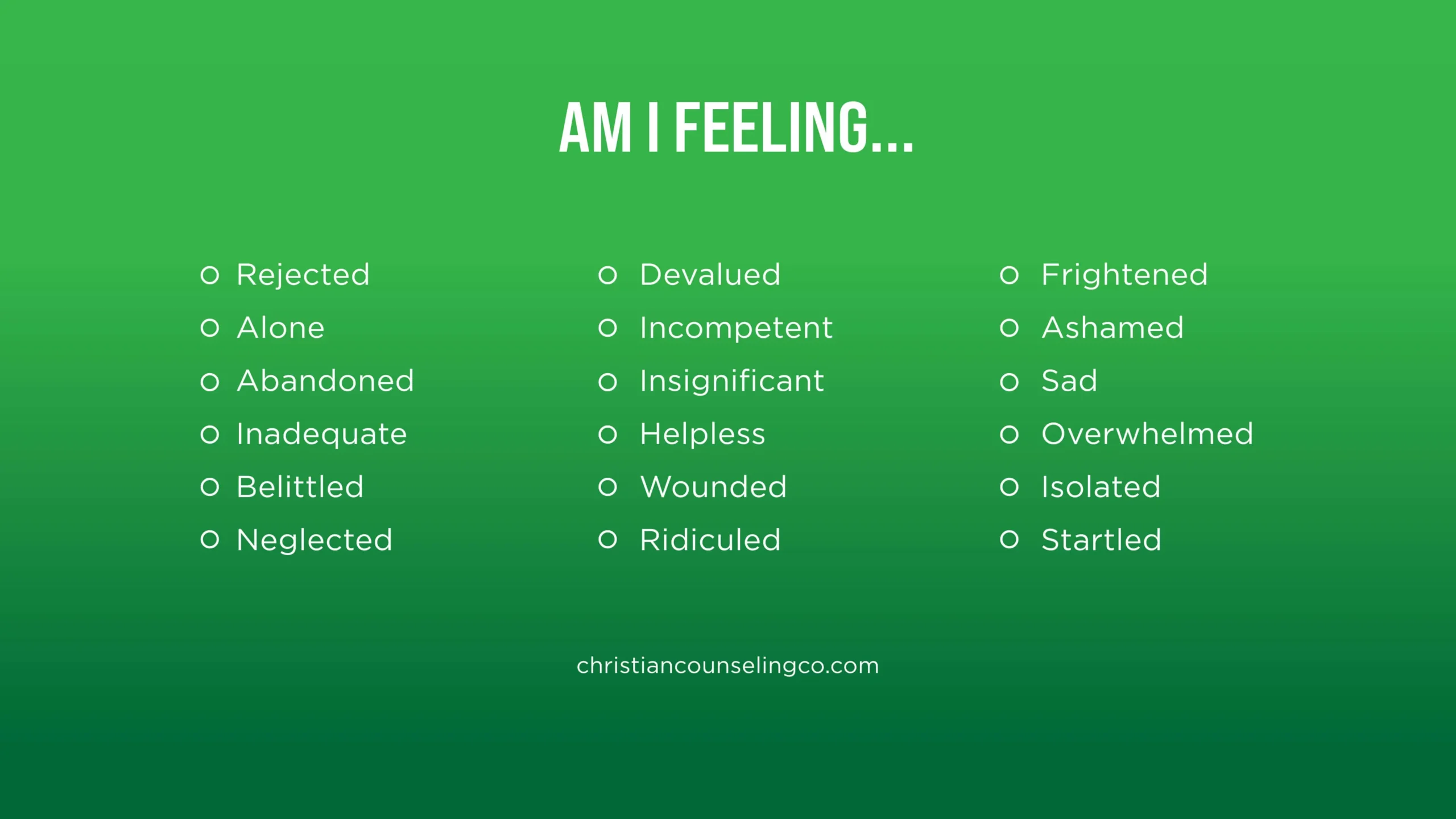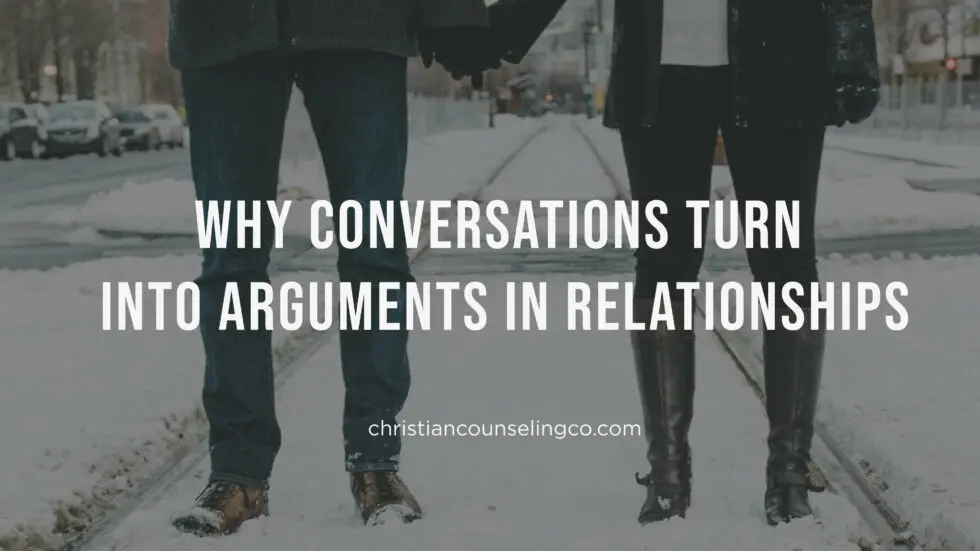Arguments in relationships are completely normal things. Can you remember a time when you or your partner had an incredibly strong reaction to something seemingly trivial? We’ve all been there. You’re spending time with your loved one, talking about outwardly benign topics, when all of a sudden the conversation becomes an argument.
Susan Johnson, the founder of Emotionally Focused Therapy and author of Hold Me Tight: Seven Conversations for a Lifetime of Love (2008), suggests that these moments that escalate a conversation into an argument occur when partners irritate one another’s “raw spots.”
Johnson defines raw spots as “a hypersensitivity formed by moments in a person’s past or current relationships when an attachment need has been repeatedly neglected, ignored, or dismissed, resulting in a person feeling… emotionally deprived or deserted” (p. 98).
I like to think of these hypersensitivities we call raw spots as the emotional equivalent of a bruise. Imagine you have a bruise on your arm, but someone who does not see it reaches out and gives you a friendly squeeze. As you can imagine, you might recoil in pain, and they would be startled by your reaction. Their goodhearted gesture has resulted in an unexpected, escalated response.
This is what happens with raw spots. One partner’s seemingly neutral (or even positive) comment, look, or gesture inadvertently activates an emotional wound (the raw spot). The other partner responds out of pain, in what appears to be an overreaction.
Being in an intimate relationship with another person means you have allowed them close enough proximity to you that they are bound to rub up against these raw spots…just by existing in the same emotional space as you. If we don’t know our raw spots, we may be surprised by how often we encounter arguments in relationships.
So how do we identify and address these raw spots so both of you can be aware of them?
tips to address your own raw spots to help you navigate arguments in relationships:
1. Extend grace to yourself
Having raw spots is not a sign of weakness. Having raw spots is a manifestation of the truth: while we are all spiritually and biologically wired to crave and thrive off of secure emotional bonds with other people, we live in a broken world. Others may not have always been totally emotionally tuned-in to our needs, every moment we needed them.
Because of that, we have felt hurt. Which means we developed heightened sensitivities. Those sensitivities have protected you in the past by warning you about potential emotional threats, but may not be beneficial in every situation or relationship now. So remember as you explore your raw spot(s) – you’re not weak, you’re resourceful
2. Explore your bodily sensations and inner dialogue.
Your body plays a role in preventing burnout
Get curious about your body – what are you experiencing physiologically? Our bodies often tell us what vulnerable emotions lie beneath our strong reactionary emotions.
To start, try a body scan. Start at the tip of your head and imagine a laser working its way down your body inch by inch. What is happening in your body? Do you notice:
- areas of pain or discomfort?
- feelings of hotness/coldness?
- a pit in your stomach?
- shakiness?
- areas of tension or limpness?
- an increased or decreased breathing rate?
Next, get curious about your inner dialogue. Especially if they just rubbed your raw spot, how are you making sense of what just happened? Pay particular attention to what you are saying to yourself about yourself and your partner. You might be thinking something like:
- “She does not care about me.”
- “I am alone.”
- “He is so disappointed in me.”
- “I am failing.”
Noticing both bodily sensations and thoughts can help you name the underlying vulnerable emotion that is triggered when your raw spot is irritated.
3. Experiment with these vulnerable emotions.
When a raw spot is activated, we often respond by either lashing out in anger or by shutting down and appearing (and potentially feeling) numb. However, these reactionary emotions oftentimes mask the vulnerable emotion that is more difficult to experience and express. Try these following more vulnerable emotions on for size and see if any of them fit for you:

4. Express what you have learned.
Once you have discovered your bodily sensations, inner dialogue, and the emotion that best captures your experience, it is time to express them. Try journaling, praying, recording a voice memo on your phone, or talking to a therapist to access that emotion fully. This helps you express your experience to yourself in a way that helps order your inner world.
Then, express what you have learned to your partner. They likely only see your reactionary emotion of anger or shutting down, and will need help understanding the bodily sensations, inner dialogue, and vulnerable emotion that lie beneath that reaction. If it is too hard to share right away, start with just talking about how difficult it is to share vulnerable emotions.
Next time you are in conversation with your partner and feel caught off guard by the onset of a sudden burst of emotion or argument, remember these four tips:
Extend grace to yourself, explore your physiological sensations and inner dialogue, experiment with more vulnerable emotions, and express what you have learned! I sincerely hope these tips can help you and your partner navigate your way to feeling more connected and understood by one another.
Author: Shelby Jacobs
Shelby is one of our talented Christian counselors who love to come alongside couples to create healthy, long-lasting marriages full of life and happiness. She does great work with couples navigating arguments in relationships too!
If you’re interested in counseling with Amber or another one of our other amazing counselors, click here to view our line-up.








